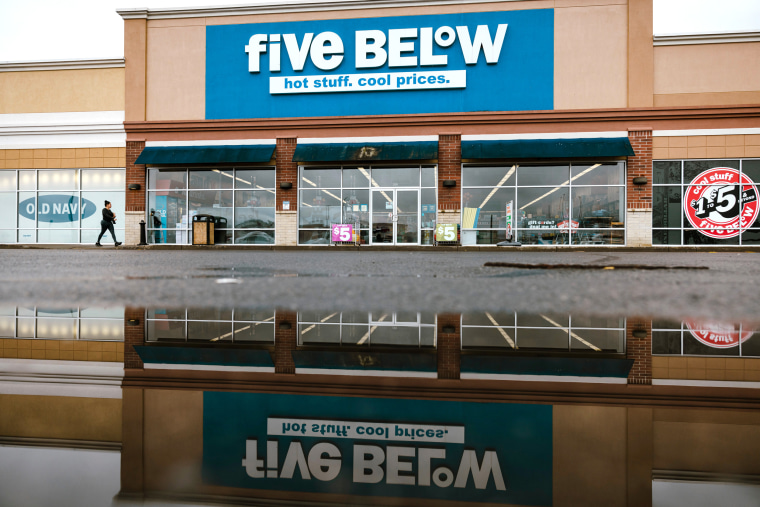In recent years, self-checkout systems have become increasingly popular among major retailers as they sought to streamline the shopping experience for customers. However, a recent shift in approach is seeing some of these retailers backtrack on their implementation of self-checkout technology, raising questions about the future of this trend in the retail industry.
One of the key reasons behind this reversal is the impact on customer service quality. While self-checkout systems were intended to speed up the checkout process and reduce wait times, many customers have reported feeling a lack of personal interaction and assistance when using these machines. The human touch is an essential part of the shopping experience for many consumers, and retailers are recognizing the importance of providing excellent customer service to maintain loyalty and satisfaction.
Moreover, concerns have been raised about the potential impact on the workforce as self-checkout systems take over traditionally staffed checkout lanes. While automation can increase efficiency and reduce labor costs for retailers, it also raises questions about job security for workers whose roles may be replaced by machines. As retailers strive to balance the benefits of automation with the preservation of human jobs, they are reevaluating the role of self-checkout technology in their stores.
Another factor influencing this shift away from self-checkout is the rise of online shopping and the increasing emphasis on omnichannel retail experiences. With more consumers turning to online platforms for their shopping needs, retailers are focusing on integrating their physical and digital channels to provide a seamless and convenient shopping experience. This shift in strategy requires a reevaluation of the role of self-checkout systems in the overall retail landscape.
Furthermore, concerns about theft and fraud have also been raised in relation to self-checkout technology. While these systems are designed to prevent unauthorized scanning or item removal, some retailers have experienced challenges in monitoring and preventing fraudulent activities. By reverting to traditional checkout lanes staffed by employees, retailers can enhance security measures and reduce the risk of losses due to theft or dishonest practices.
Ultimately, the decision to backtrack on self-checkout technology reflects a broader trend in the retail industry towards prioritizing customer service, workforce considerations, omnichannel integration, and security concerns. While self-checkout systems may still have a place in certain retail environments, many major retailers are reevaluating their implementation of this technology to ensure that it aligns with their evolving business strategies and values. As the retail landscape continues to evolve, the role of self-checkout technology will likely remain a topic of debate and experimentation among industry players.

























